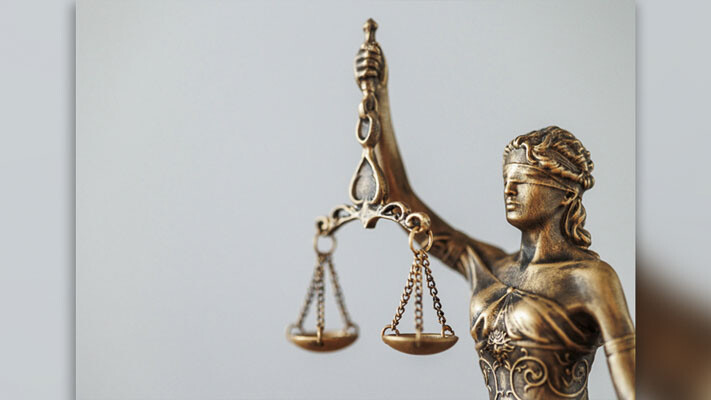
Liv Finne and Paul Guppy offer context for what the ruling means for Washingtonians
Liv Finne and Paul Guppy
Washington Policy Center
What today’s ruling means for Washington state:
- The governor, lawmakers and state and local education officials may not discriminate against religious schools in the administration of any generally-available public benefit program.
- Parents choosing to use public funds to send their children to a religious school is not a violation of the separation of church and state.
- Four innovative school choice bills have been introduced. If one or more are enacted, lawmakers must take an inclusive approach and, despite any personal bias, must allow private religious schools to participate.

The U.S. Supreme Court ruled today that state-based school choice programs may not discriminate against religious schools. The court found that when parents spend public money on a religious school under a generally-authorized state education choice program they are not violating the separation of church and state.
The case is Carson and Nelson v Makin, Commissioner of the Maine Department of Education.
Since 1873 Maine has provided families living in rural areas with tuition assistance to send children to a private school when a public high school is not available. Maine officials discriminated against religious schools and barred them from participating in the program. Today’s ruling overturns that discrimination policy.
The ruling represents a victory for the Carson and Nelson families, and for families across the country seeking access to better educational opportunities.
Today’s ruling builds on a non-discrimination principle the Supreme Court addressed in Espinoza v. Montana Department of Revenue (2020) and Trinity Lutheran Church of Columbia v. Comer (2017). In the first case the court found it is constitutional for families that receive a tax credit scholarship to send their children to a religious school. In Trinity Lutheran the court ruled that state officials cannot use Missouri’s notorious Blaine Amendment to discriminate against a religious non-profit in receiving benefits from a generally-available public program.
All three cases are important to the people of Washington state in protecting religious freedom and ending state-based discrimination against people of faith. Washington also has a Blaine Amendment in its constitution, a relic of 19th century anti-Catholic bias common at the time of statehood.
The Blaine Amendment is regularly cited by anti-school choice forces, particularly Washington’s powerful WEA union, to claim that family-based tuition assistance cannot be used to give children access to a high-quality education at a religious school. This hard-line position runs counter to forward-looking programs now available in 32 states, Puerto Rico and the District of Columbia, where families can use public money to access a private school.
Four innovative school choice bills have been introduced in our state. If and when Washington lawmakers choose to join the national trend and offer expand learning opportunities to families, the Supreme Court has made it clear that they must take an inclusive approach and, despite any personal bias, they must allow private religious schools to participate.
Liv Finne is the director of the Center for Education at the Washington Policy Center.
Also read:
- Opinion: OIC tells consumers not to pay for ‘insurance’ you won’t likely benefit from: Does that include WA Cares?Elizabeth New (Hovde) of the Washington Policy Center believes you should consider yourself warned by the Office of the Insurance Commissioner about WA Cares and its maybe-only benefit.
- Opinion: Same road, different speed limit?Target Zero Manager Doug Dahl addresses a question about speed limit signs going into and leaving town.
- Opinion: Hiding the growing cost of the Interstate Bridge replacementJoe Cortright of the City Observatory addresses the rising cost of the Interstate 5 Bridge replacement project.
- Letter: ‘This election I am NOT voting for Greg Cheney’Clark County resident Wynn Grcich shares her thoughts on Rep. Greg Cheney and the issue of fluoridation in area drinking water.
- POLL: Should biological males who identify as females be allowed to compete in athletic events against biological females?Should biological males who identify as females be allowed to compete in athletic events against biological females?










